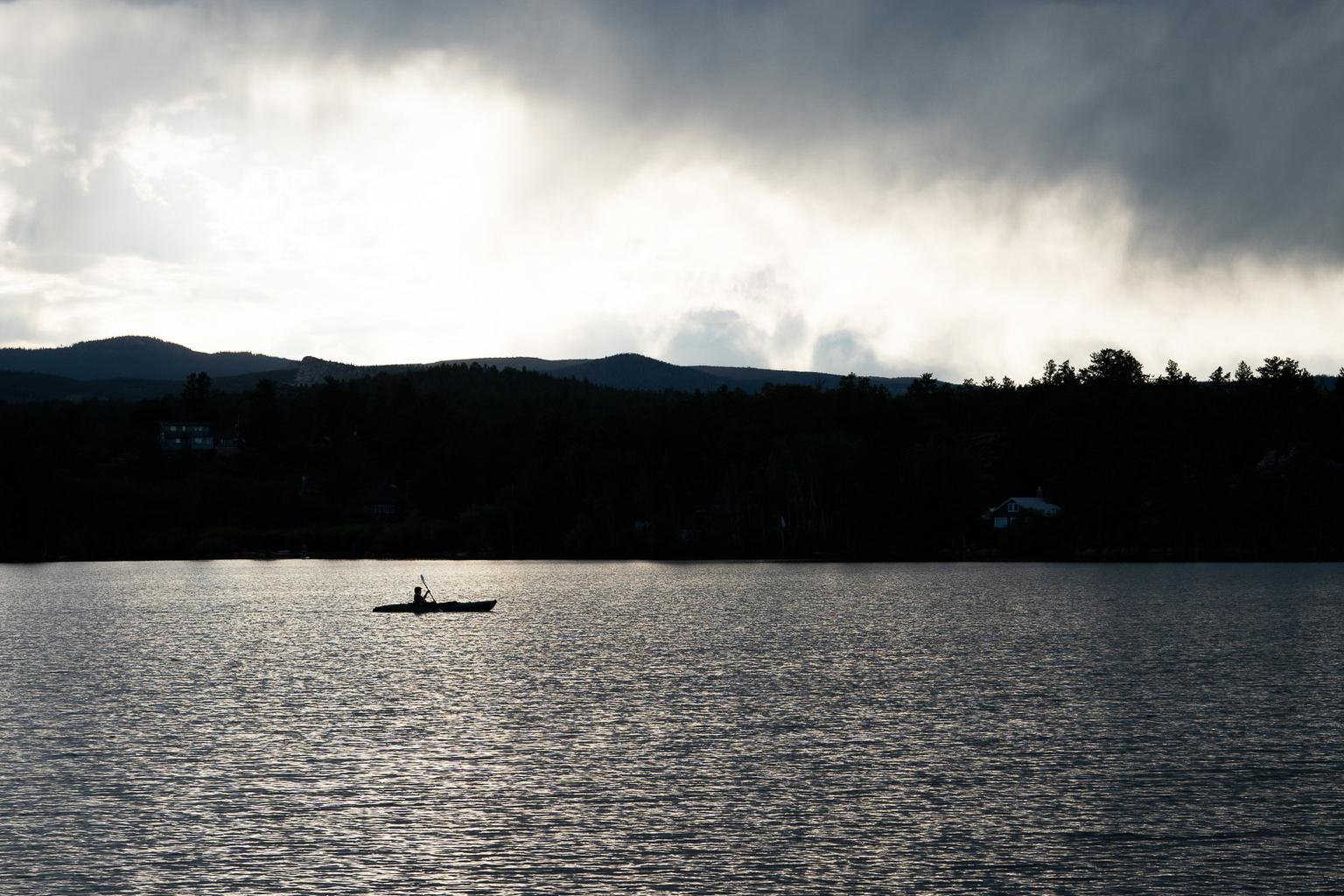 A spacecraft will rendezvous with a comet in August and then, in November, attempt to send a lander to it -- a first, if successful.
A spacecraft will rendezvous with a comet in August and then, in November, attempt to send a lander to it -- a first, if successful.
The European Space Agency’s Rosetta spacecraft is nearing Comet 67P/Churyumov-Gerasimenko now and Doug Duncan, director of the Fiske Planetarium in Boulder, says the mission poses challenges.
The Rosetta, which is carrying a spectrometer -- an instrument that measures the properties of light -- will use a sort of harpoon to latch onto the comet, he adds.
“Comets are kind of loose and rubbery," he says. " They don’t have a lot of gravity and so it’s easy to bounce off and go drifting into space.”
The specific spectrometer was developed by the Southwest Research Institute in Boulder.
Meanwhile, Coloradans are getting ready for a comet encounter of their own in August: The annual Perseids meteor shower that fills the sky with shooting stars. The meteor shower happens every year when Earth’s orbit intersects with a cloud of debris left behind by a comet. The shooting stars are actually tiny bits of rock and gas burning up in the atmosphere.
The Perseids are a favorite of many campers, but unfortunately for star gazers this year, a full moon will light the sky at the same time, making for poor viewing.
Doug Duncan joins Ryan Warner monthly to talk about space and science.









